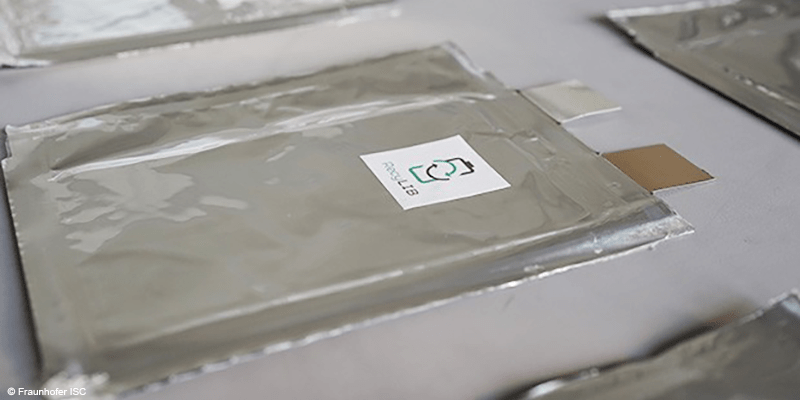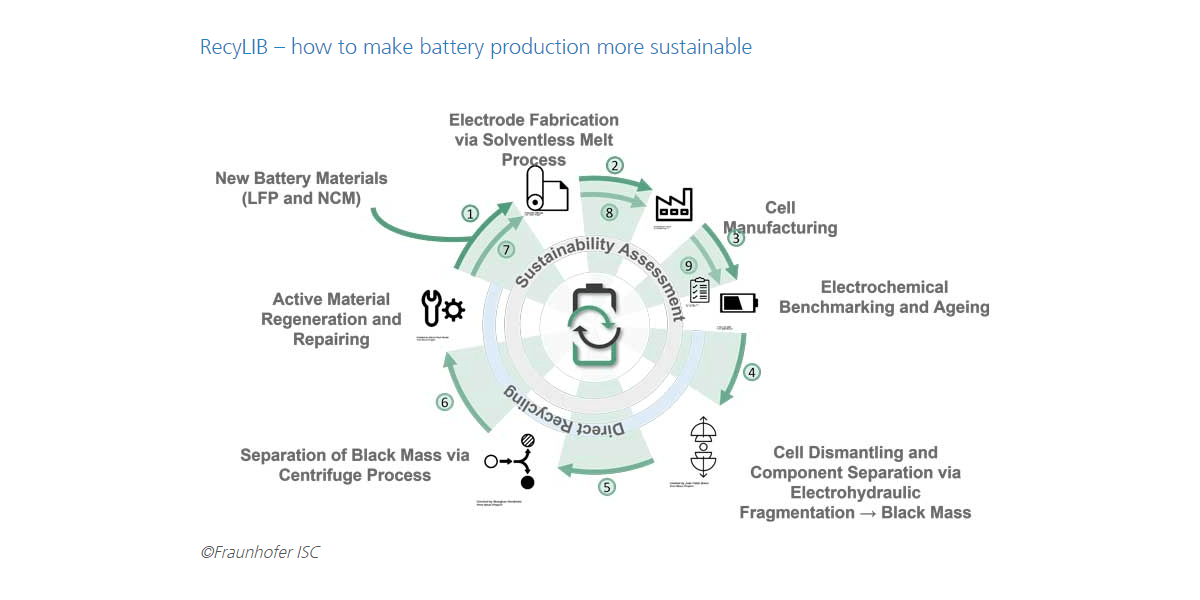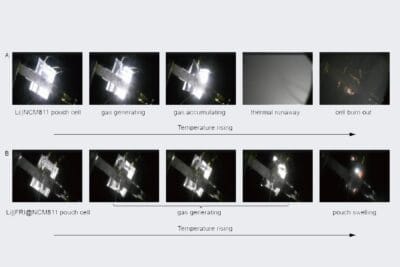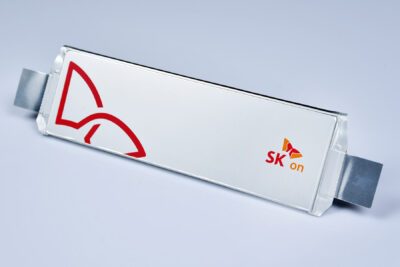RecyLIB to enable direct reuse of battery elements
In Germany, a project coordinated by Fraunhofer ISC called RecyLIB aims to develop a battery manufacturing process designed to allow the use of recycled material. This allows the active functional material to be recovered after the battery’s end-of-life for direct reuse in the remanufacturing of electrodes.
The RecyLIB project launched in 2022 and is now being presented with the support of EU and national funding organisations. The project will enable recycled electrode material to be fed directly back into the electrode manufacturing process without affecting cell performance. This eliminates critical process aids such as toxic solvents.
In hydrometallurgical battery recycling that is widely used today, battery cells are mechanically crushed and filtered until the so-called black mass with the valuable active materials remains. This is then split into the original materials with the help of further chemicals that can, in turn, be used for the production of new electrodes in the established process of electrode coating.
The RecyLIB consortium now wants to develop a process that no longer requires hydrometallurgical processing with the chemical splitting into individual materials. Instead, the battery materials are to be recovered from the black mass as gently as possible in a water-based separation (electrohydraulic fragmentation and centrifugation) and sorting process. In this process, the electrode material is not recovered in its individual raw materials, but in its previous composition.
The Chinese cell manufacturer Farasis Energy is also working on a similar recycling process. Although Germany is a world leader in recycling technology and recycling engineering expertise, the Chinese market has been an earlier adopter of electric vehicles and is now a world giant in the production of batteries for electric vehicles. The country is now grappling with the task of recycling and reusing lithium-ion batteries on a large scale, which should or could be a boost to an international market in reuse and recycling technology.
On the production side, the German RecyLIB consortium wants to test a melting-process-based electrode production that makes it possible to dispense with toxic solvents. The project will also investigate and evaluate the performance and ageing behaviour of battery cells made from primary raw materials and recycled functional material.
“The RecyLIB team wants to take a big step towards sustainable battery production in Europe,” says Michael Hofmann from the Fraunhofer Institute for Silicate Research, who is coordinating the project. “Battery production and battery recycling must go hand in hand to ensure that energy and resource consumption in production, as well as CO2 emissions and other environmental impacts, are as low as possible.”
In addition to the Fraunhofer ISC based in Würzburg, the consortium also includes Ghent University from Belgium, Hutchinson from France, ImpulsTec GmbH from Germany, Carl Padberg Zentrifugenbau GmbH and the Bavarian Research Foundation.






0 Comments